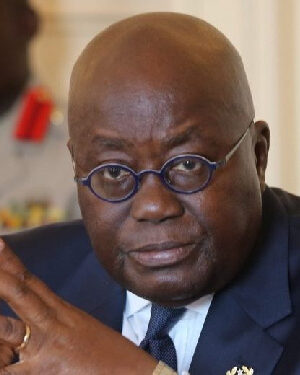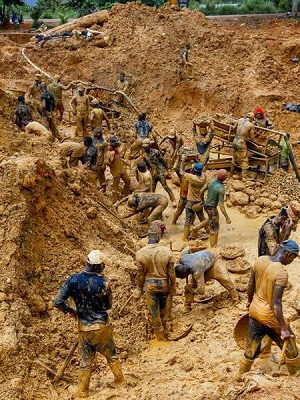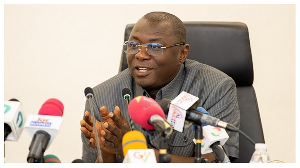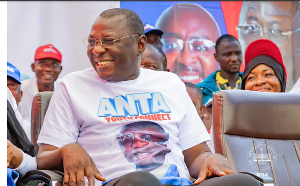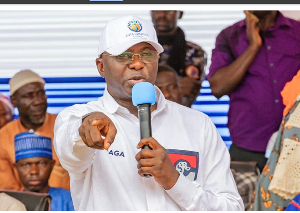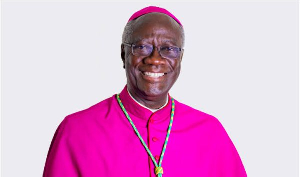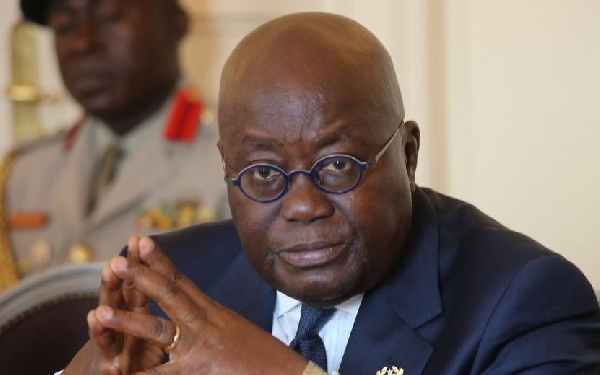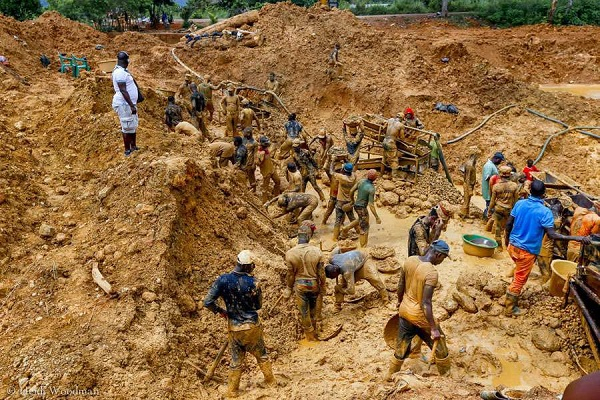Introduction
The issue of illegal mining, known as galamsey, has been a persistent problem in Ghana. Recently, Arthur Kennedy, a prominent political figure, has voiced strong criticism against President Akufo-Addo, claiming that he has compromised his integrity in the fight against galamsey. This article delves into Kennedy’s critique and its implications for Ghana’s future, highlighting the significance of the ongoing discussion surrounding Akufo-Addo’s leadership and the galamsey crisis.
Understanding Galamsey in Ghana
Galamsey refers to illegal mining activities that have plagued Ghana for decades. Historically, these activities have been linked to the country’s rich mineral resources, particularly gold. However, galamsey has had a detrimental impact on cocoa farms, which are crucial to Ghana’s economy. The environmental and economic consequences of illegal mining are severe, leading to deforestation, water pollution, and the destruction of arable land.
Arthur Kennedy’s Perspective on Akufo-Addo’s Leadership
Arthur Kennedy, a notable member of the New Patriotic Party (NPP), has been vocal about his disappointment in President Akufo-Addo’s handling of the galamsey issue. Kennedy argues that Akufo-Addo has undergone a character transformation since assuming office, suggesting that he has ‘sold his soul’ for the presidency. This critique raises questions about the president’s commitment to tackling galamsey and the broader implications of prioritizing political power over ethical governance.
The Existential Threat Posed by Galamsey in Ghana
Galamsey is considered an existential threat to Ghana’s development and stability. The economic costs associated with illegal mining are substantial, including the expenses for water purification and the loss of valuable timber resources. If effective measures are not taken to combat galamsey, the long-term implications for future generations could be dire, affecting both the environment and the economy.
Public Response and Government Actions Against Galamsey
Public sentiment regarding the government’s actions on galamsey has been overwhelmingly critical. Recent protests and demands for stronger measures from organized labour groups reflect the growing frustration among citizens. The public outcry underscores the urgent need for more effective and transparent government interventions to address the galamsey crisis.
Evaluating the Effectiveness of Government Measures Against Galamsey
Previous government measures against galamsey have seen mixed results. While some regulations, such as the revocation of Environmental Protection Regulations (L.I. 2462), have been implemented, enforcement has often been inconsistent. The proposed new regulations, including the declaration of ‘Red Zones’ where mining activities would be strictly prohibited, offer potential solutions but require robust enforcement to be effective.
Conclusion: A Call for Strong Leadership in Combating Galamsey Issues in Ghana
Addressing the complex issue of illegal mining in Ghana requires strong leadership and accountability. It is crucial for all stakeholders, including government officials, civil society organizations, and citizens, to work collaboratively towards finding lasting solutions. Upholding national integrity while fostering inclusive economic growth opportunities is essential for ensuring social equity and ecological sustainability in Ghana.
Source: ghanaweb.com

